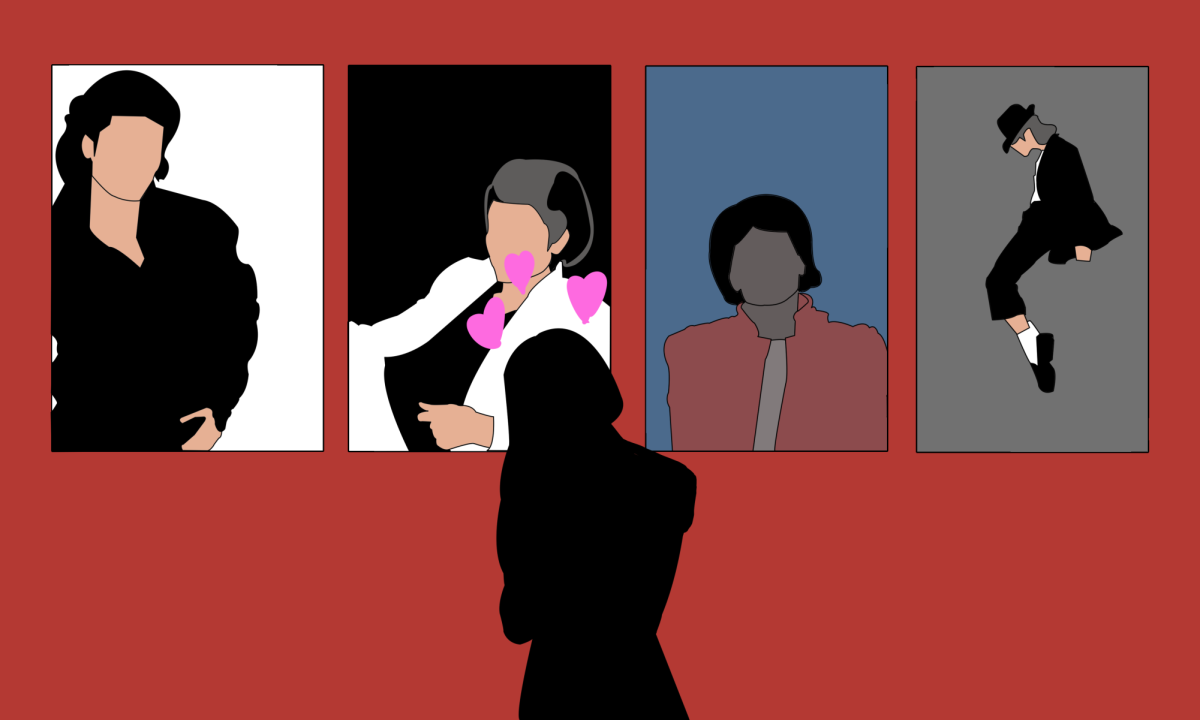Recently online, I’ve noticed an uptick in toxic parasocial relationships. For those who don’t know what parasocial means, it’s essentially a one-sided relationship with a person with notoriety who you form an attachment to. I’ve noticed a cultural shift where people don’t know the difference between being a fan and being obsessive. Slowly but surely, it’s become the norm to harass someone because they didn’t drop an album or did something fans felt didn’t align with how they should act. It’s gotten to the point where celebrities, actors, musicians and others have had to physically set boundaries with their fans.
This reoccurring behavior gets into dangerous territory, not just because of who it’s happening to but also why. Respecting boundaries is basic human decency, and if we’re not doing that for people we don’t even know (who also happen to be the biggest contributors to our beloved media machine), there is a bigger issue at hand. It devalues the individual and the importance of everyone who contributes to pop culture. A hive mind can be harmful without proper context and self-awareness. The normalization of the thought, “It shouldn’t matter because I’m a fan of XYZ,” has produced a ripple effect over time.
Toxic parasocial relationships aren’t always intentionally formed but have grave consequences. This was seen in the case of the Mexican-American singer Selena Quintanilla-Pérez, who was murdered by a follower who formed a fan club for her. People saw how Selena’s death affected people who didn’t know her personally, and those who did were devastated. This story is, unfortunately, not an isolated incident, and can happen to anyone. The only difference is, on a smaller level, inappropriate behavior is seen as stalking and is often not taken seriously unless you have the resources and spotlight. Toxic parasocial relationships not only have an impact on popular media but you as well due to the violation of basic human decency.














































